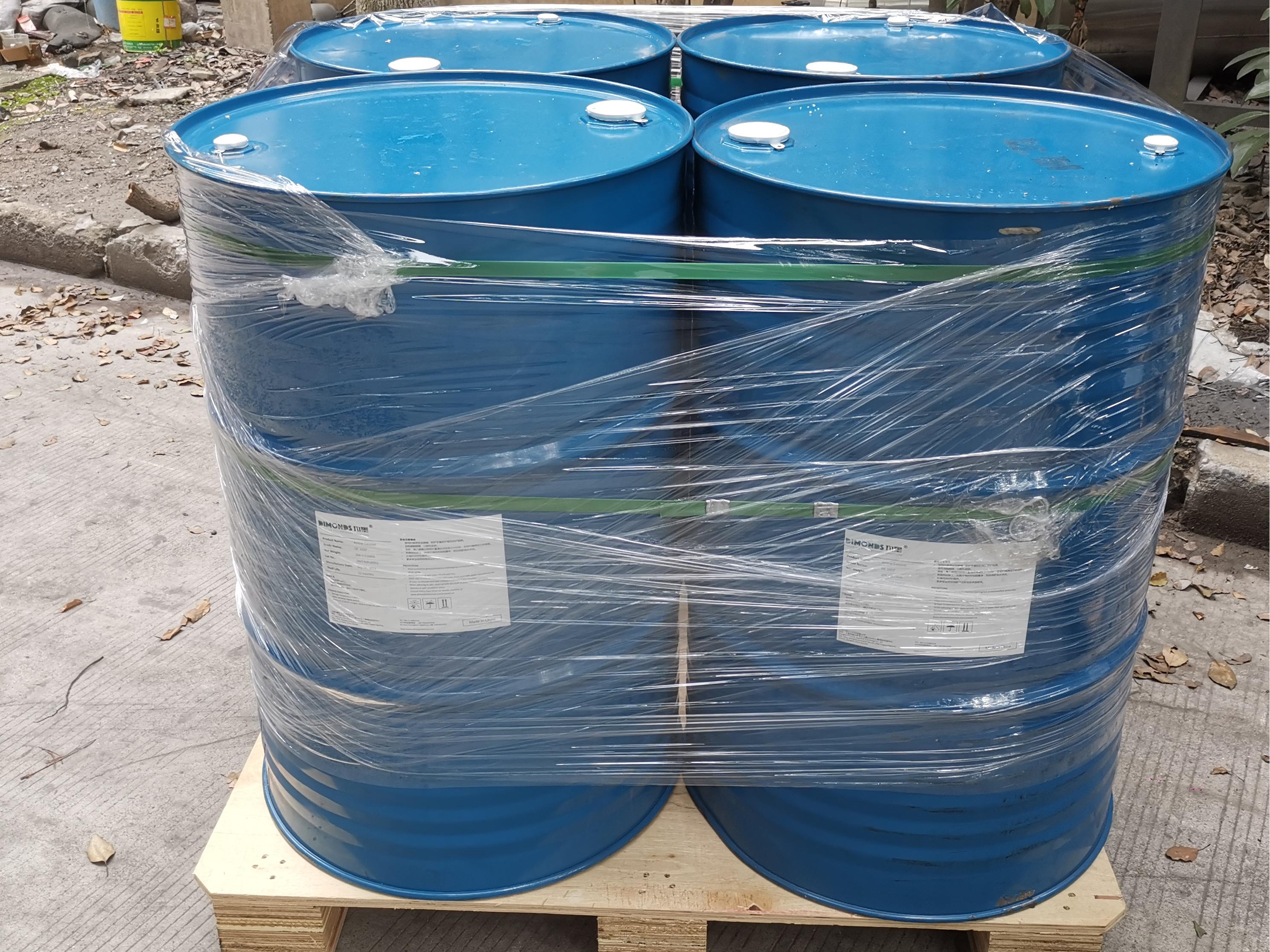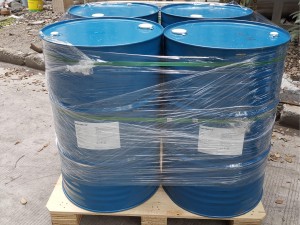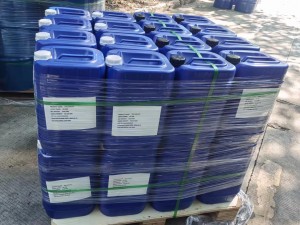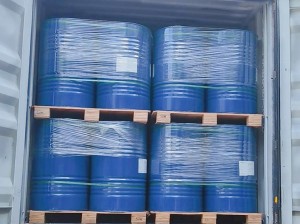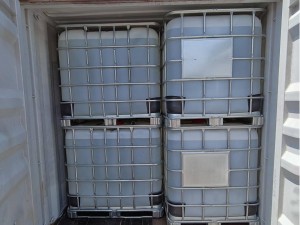Amine Catalyst DC-1027 for Microcellular Polyurethane Foam
Description
It is an amine catalyst diluted in monoethylene glycol. Developed specially for using in microcellular polyurethane foams, it provides the ability to dramatically change processing characteristics.
It has extremely high reactivity in microcellular systems such as shoe soles and integral skin. It can strongly affect demoded time while having little effect on cream time, allowing improved processing flexibility for the formulator. When blended with less reactive catalysts, it offers an extremely wide range of reactivity profiles.
Advantages
Extremely high reactivity in microcellular systems.
Increased processing flexibility due to shorter demoded times.
Applications:
MEG extended polyester and polyether shoe sole applications.
Integral skin applications.
Typical Physical Properties
| Flash Point, ℃(PMCC) | >100 |
| Viscosity at 25 ℃(g/cm) | <100 |
| Specific Gravity at 25 ℃(g/cm) | 1.06-1.08 |
| Water Solubility | Soluble |
| Appearance | Colorless to Amber Liquid |
| Amine value (KOH/mg) | 250-350 |
Storage and package Information
We recommend that our catalysts be stored in a dry and cool area under appropriate ventilation conditions. Each container should be closed tightly to avoid contamination with moisture or other negative influences, which could change the products’ performance in the end use. The optimum storage temperature is between 10°C and 30°C. Lower and higher storage temperatures are not preferable and should be avoided.

